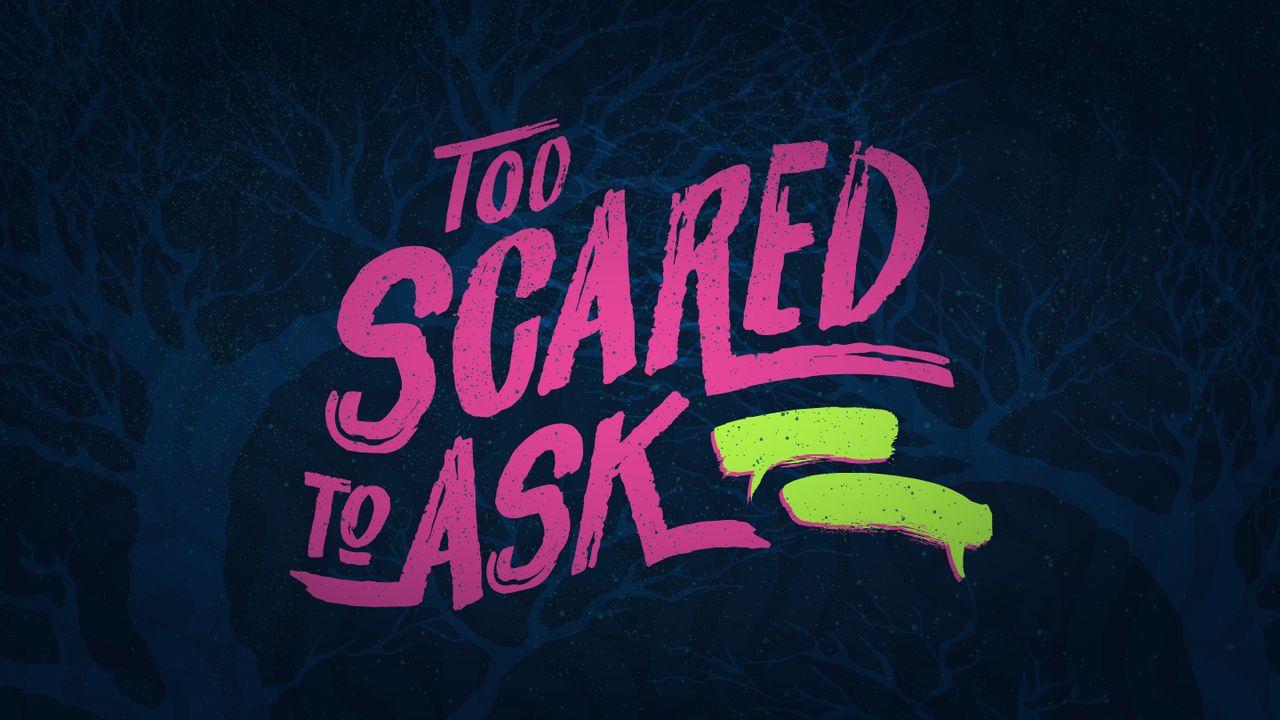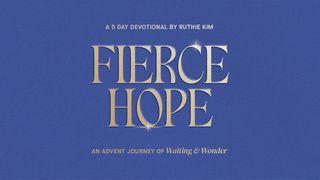Too Scared to Ask - Real Questions & Real AnswerSample

God in the New Testament
Note
Remember there are two covenants—the one God made with Abraham in the Old Testament and the one Jesus made with His people in the New Testament.
Reflect
You may think of a few different things when you think about God. You may think about God the Holy Spirit. We recognize the Holy Spirit at times with the feeling in your gut when you know you are being prompted down a path, or when you are worshipping and get chills all over your body. Or you may think of Jesus, God the Son, who became man—someone you can picture as a wise friend and mentor. You can visualize where He lived and how He died because He was fully man. You may also think of God the Father, a strong but gentle figure who watched over the earth thoughtfully with gracious truth and just wrath.
All three of these persons of God have eternally existed, but the difference between then and now is God sent His Son to the earth to live a perfect life and die a horrible death so that the old covenant could go away and a new one could be written (but we will talk about more of that tomorrow). God seems kinder and more gentle in the New Testament because all of God’s wrath was poured out on Jesus upon the cross. So instead of God's anger being poured on you for your sin, his anger is poured out on Jesus for those who have believed in Him.
We often just focus on the really light and fluffy parts of the New Testament and the really scary and crazy parts of the Old Testament. We fail to see the kind ways God comforted David as he ran from King Saul, or the wrath that is prophesied in Revelation.
God has loved His people all along and He knew Jesus had to come to save us from a fate we deserved, but “God so loved the world He gave His only son, that whoever believes in him will not perish but have eternal life.” (John 3:16) God is the same yesterday, today, and forever.
Respond
After you've read the passage today grab a journal or open your notes. Take some time to reflect on today’s reading. Use the SOAP acronym to help you engage. (Scripture, Observation, Application, Prayer).
- Scripture - What did you read?
- Observation - What did you learn?
- Application - What will you do?
- Prayer - Write out a prayer talking to God like a friend.
Scripture
About this Plan

It doesn't take long while you're reading through Exodus to come across something that causes some really big questions to pop up. If you're like most people you might have questions but you've been too scared to ask. This 15 day plan will lead you through some real questions and point you toward real answers.
More
Related plans

God Our Refuge

21 Days Prayer & Fasting "Align in Promise"

Lessons From Some Hidden Heroes in the Bible

Breathe: Stop Striving. Start Living in Holy Spirit Power.

Hope in Creator’s Promises

How Does My Faith Really Work in Everyday Life?

The Father Lens: Helping Your Kids See Who God Is Through Who You Are

TellGate: Mobilizing the Church Through Local Missions

Fierce Hope: An Advent Journey of Waiting and Wonder
